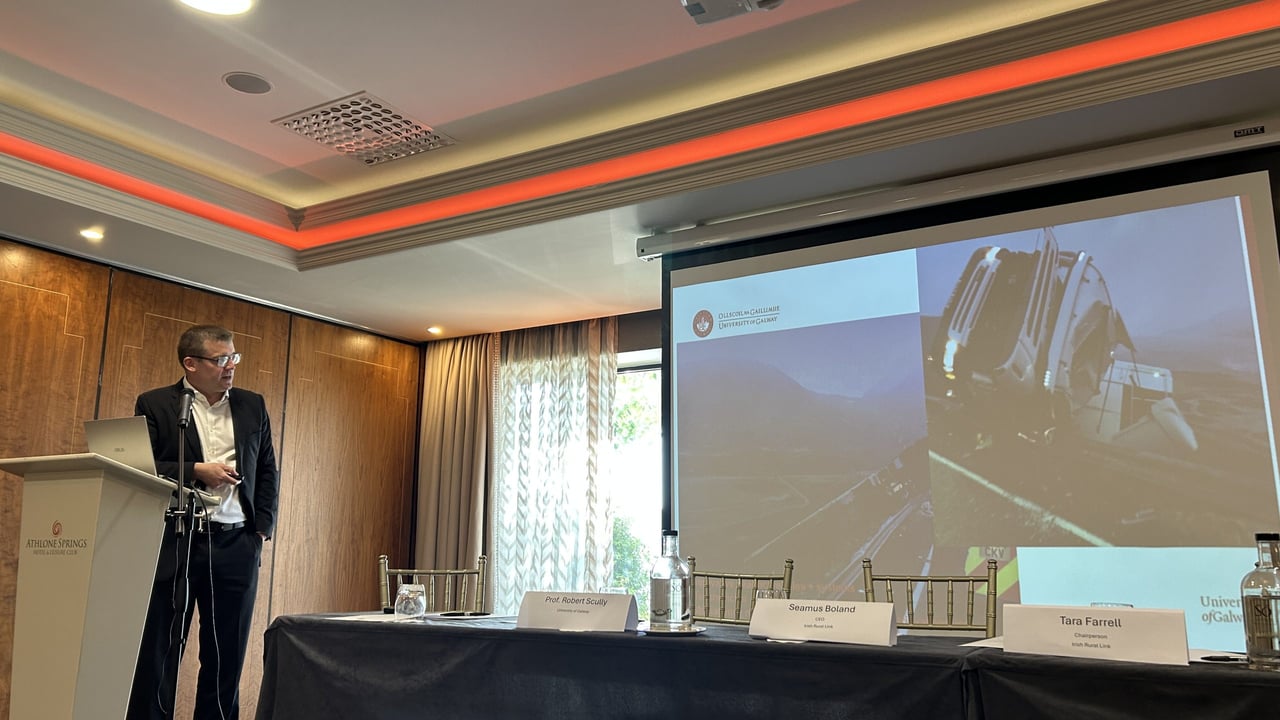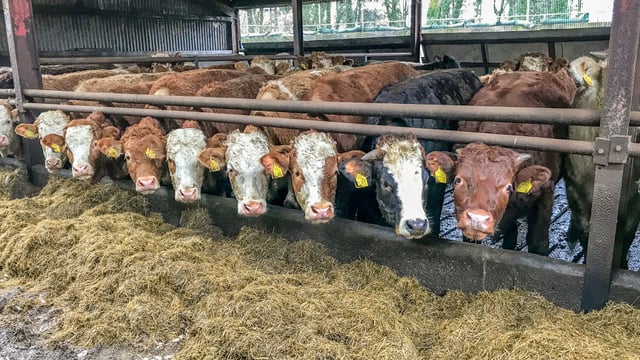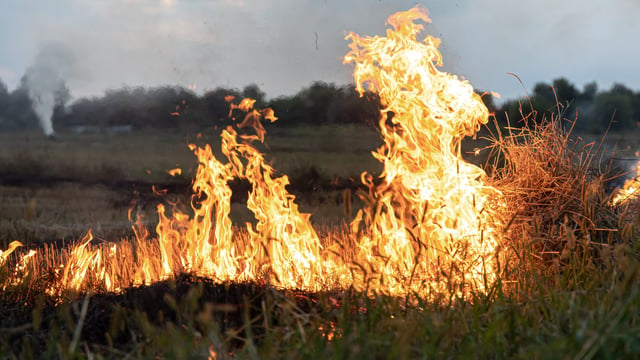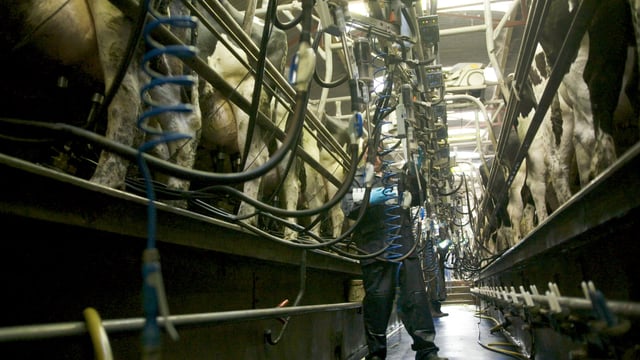Watch: Why access to services is 'key' to promoting rural health equality
Greater access to healthcare services and staff is key to increasing "rural health equity" in rural Ireland, according to the University of Galway’s professor of rural and remote medicine, Robert Scully.
Prof. Scully was the keynote speaker at the Irish Rural Link (IRL) conference for rural healthcare in Athlone, Co. Westmeath, today (May 9).
The professor highlighted that there is a need to increase the number of general practitioners (GPs) in rural areas, and outlined four solutions to the problem.
The first area Prof. Scully highlighted for change, was to increase "targeted recruitment" of GPs in rural areas.
In order to do this, he believes that students need to be exposed to appropriate role models, and for their to be a retention strategy to keep GPs in rural areas.
The professor also believes that doctors need to be trained "differently" to work in rural areas versus an urban location and medical students need to be educated about rural issues, such as farming accidents.
He told Agriland: "We need to train doctors differently to address rural needs. We can’t exclusively train doctors in large urban centers, because they don’t have the appropriate skills, attitudes, behaviours to work in rural areas.
"For farm accidents, I’ve worked in rural locations with agricultural communities, and there’s lots of accidents in those communities."
"Our medical students need some exposure to pre-hospital care, managing traumas and accidents and injuries, in the field, before people get to hospital".
Prof. Scully highlighted that challenges in rural healthcare is not a unique problem to Ireland, instead it is a problem all over the world.
"Help for our vision for rural people is more likely to be achieved through conservative efforts of international and national bodies working together with doctors, nurses, and other health workers in rural areas.
"It's a simple aspiration, but it demonstrates that we really need some joined up thinking to address rural healthcare issues," Scully added.





